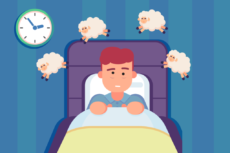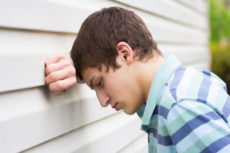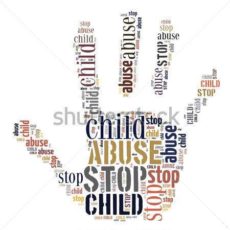By Lauren Schnell, BCBA Sleep disturbances in children with autism are a common concern for many parents. It has been estimated that approximately 25% of typical children between the ages of one and four struggle with nighttime wakings (Lozoff, Wolf, & Davis, 1985). For children with special needs, the number increases dramatically with upwards of 80% experiencing some type of sleep problems (Lamberg, 1994). Of those who frequently wake at night, the majority end up […]
Category: Featured Topics
Diagnosing Depression in Autism
Mark was a boy of few words. He had autism and severe intellectual disability. Sometimes he would bang his head if frustrated and become aggressive if someone tried to restrain him. He could focus on school work for up to 40 minutes at a time. But when he was 9, something changed. He banged his head and became aggressive more often, sometimes for no reason, and he couldn’t do school work for more than 5 […]
Fire Safety for Your Special Needs Child
While every family should have a home fire safety plan, it’s even more critical if you have a family member with cognitive or physical disabilities. These individuals are 2.5 to 6.5 times more likely to die in a house fire. However, there are a number of safety precautions you can take to reduce the risk of injury for your loved ones. Identify exits Assess each room in your home and identify at least two exits, […]
Therapies and Treatments for Autism
“What do I do next?” This is a question that has undoubtedly been asked by every parent of a child with an autism spectrum disorder (ASD). In many cases, it comes after the “What is autism?” and “How did it happen?“ Unfortunately, just as with the first two questions, the answer isn’t very satisfying. Although many treatments and therapies are proposed to help, few have been studied enough to know whether they really do (or […]
Preventing Abuse of Your Special Needs Child
Here’s a somber statistic: Individuals with intellectual and developmental disabilities are far more likely to be abused by someone they know than a stranger. Abuse is any behavior that is unwanted, intentionally harmful, demeaning or insulting, or causes the victim to be afraid. This may include physical violence, sexual assault, bullying, emotional maltreatment or neglect. Sadly, because an individual with intellectual and developmental disability may be perceived as an “easy target,” the likelihood of abuse […]





